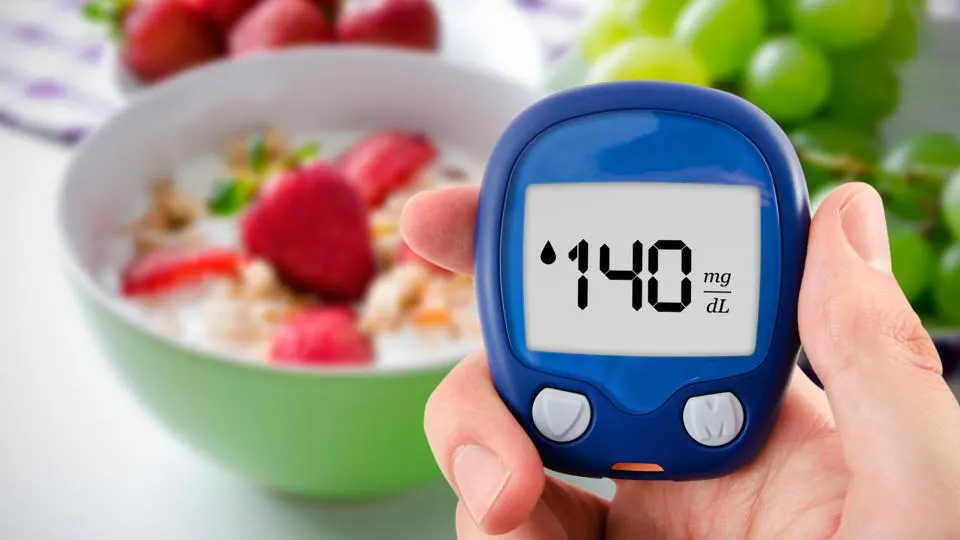Maintaining optimal blood sugar levels is crucial for overall health, especially for those with diabetes or at risk of developing it. Regular monitoring can help you stay ahead of potential health complications, such as heart disease, nerve damage, or kidney issues. But when exactly should you check your blood sugar?
Let’s explore the key moments to monitor your levels and why it’s so important.
Why Monitoring Your Blood Sugar Matters?
Blood sugar levels fluctuate throughout the day due to factors like food, physical activity, stress, and medications. For people managing diabetes, monitoring these levels ensures that they remain within a healthy range. Regular testing can help:
• Track your progress: See how well your current treatment plan is working.
• Identify triggers: Learn which foods or activities cause spikes or drops in blood sugar.
• Prevent complications: Catch early signs of hyperglycemia (high blood sugar) or hypoglycemia (low blood sugar).
Whether you’re using insulin, oral medication, or lifestyle changes to manage your condition, blood sugar monitoring can provide valuable insights to fine-tune your management plan.
When to Check Your Blood Sugar
Also read: CBD Oil: Benefits, Uses, and What You Need to Know
Knowing when to check your blood sugar depends on your treatment plan and health status. Here are common situations when blood sugar monitoring is essential:
- First Thing in the Morning (Fasting Blood Sugar)
Your fasting blood sugar level provides insights into how your body manages blood sugar overnight. A morning test, before eating or drinking anything (except water), reveals your baseline blood sugar level. If this level is consistently high, it may indicate that your body isn’t properly managing glucose while you sleep.
- Before Meals
Testing before meals gives you a snapshot of your blood sugar level before food consumption. This is helpful to see how your body handles fasting periods during the day. If your pre-meal levels are high, it may signal that adjustments to your medications, diet, or exercise plan are needed.
- Two Hours After Eating (Postprandial Blood Sugar)
Checking your blood sugar two hours after eating helps assess how your body processes the food you’ve consumed. Post-meal spikes are common, but consistently elevated postprandial levels may require changes in diet or medication. Tracking these numbers helps prevent long-term complications related to high blood sugar.
- Before Bed
Monitoring blood sugar levels before bed ensures they aren’t too low or high, which can lead to nighttime complications. Managing blood sugar before sleeping can help prevent dangerous overnight drops (hypoglycemia) or rises (hyperglycemia).
- During Physical Activity
Exercise can significantly impact your blood sugar levels. It’s important to check before, during, and after physical activity to ensure that levels remain within a safe range, especially if you’re prone to hypoglycemia. Low blood sugar during intense exercise can lead to dizziness or fainting, while a high reading may indicate the need for insulin adjustments.
- When You Feel Unwell
Illness, stress, and infections can lead to erratic blood sugar levels. If you’re feeling unwell, monitoring your blood sugar more frequently can help you detect sudden changes and take corrective actions. In some cases, extra monitoring may be recommended by your healthcare provider to prevent complications.
- When Changing Medications or Treatment Plans
If you’ve recently started a new medication or changed your treatment plan, it’s crucial to check your blood sugar more often. Your body may react differently, and frequent monitoring can help you and your doctor adjust doses to avoid extreme fluctuations.
- If You Experience Symptoms of Hypo- or Hyperglycemia
Symptoms like dizziness, sweating, confusion, shakiness, or headaches may indicate low blood sugar (hypoglycemia), while blurred vision, extreme thirst, or frequent urination could suggest high blood sugar (hyperglycemia). Always check your blood sugar when experiencing these symptoms to take appropriate action.
How Often Should You Check?
The frequency of blood sugar checks varies based on individual health needs:
• Type 1 diabetes: Multiple checks daily are often required, including before meals, after meals, before bed, and during physical activity.
• Type 2 diabetes: Depending on how well-controlled your condition is, you may need to test less frequently. Those using insulin may still need multiple checks, while others might only test once or twice daily.
• Pre-diabetes: Regular testing is not as frequent but can help you stay aware of rising blood sugar levels and take preventive action.
The Importance of Recording Your Results
Tracking your blood sugar levels over time gives you and your healthcare provider valuable insights. Use a logbook, an app, or your glucose monitor’s memory to record your readings. This information helps in:
• Adjusting medications or insulin doses
• Developing personalized diet plans
• Fine-tuning exercise routines to manage blood sugar effectively
Take Control of Your Health: Book a Random Blood Sugar (RBS) Test Today Regular blood sugar checks can provide peace of mind and help prevent complications associated with uncontrolled diabetes. To better understand your health, consider booking a Random Blood Sugar (RBS) test, which gives a quick snapshot of your blood sugar levels at any given time.
Book Your RBS Test Now
Conclusion
Managing blood sugar effectively begins with understanding when and how to monitor your levels. By checking your blood sugar at key moments throughout the day, making lifestyle adjustments, and seeking medical guidance when needed, you can lead a healthier life with better control over diabetes. Don’t wait—monitoring today can prevent complications tomorrow.




































